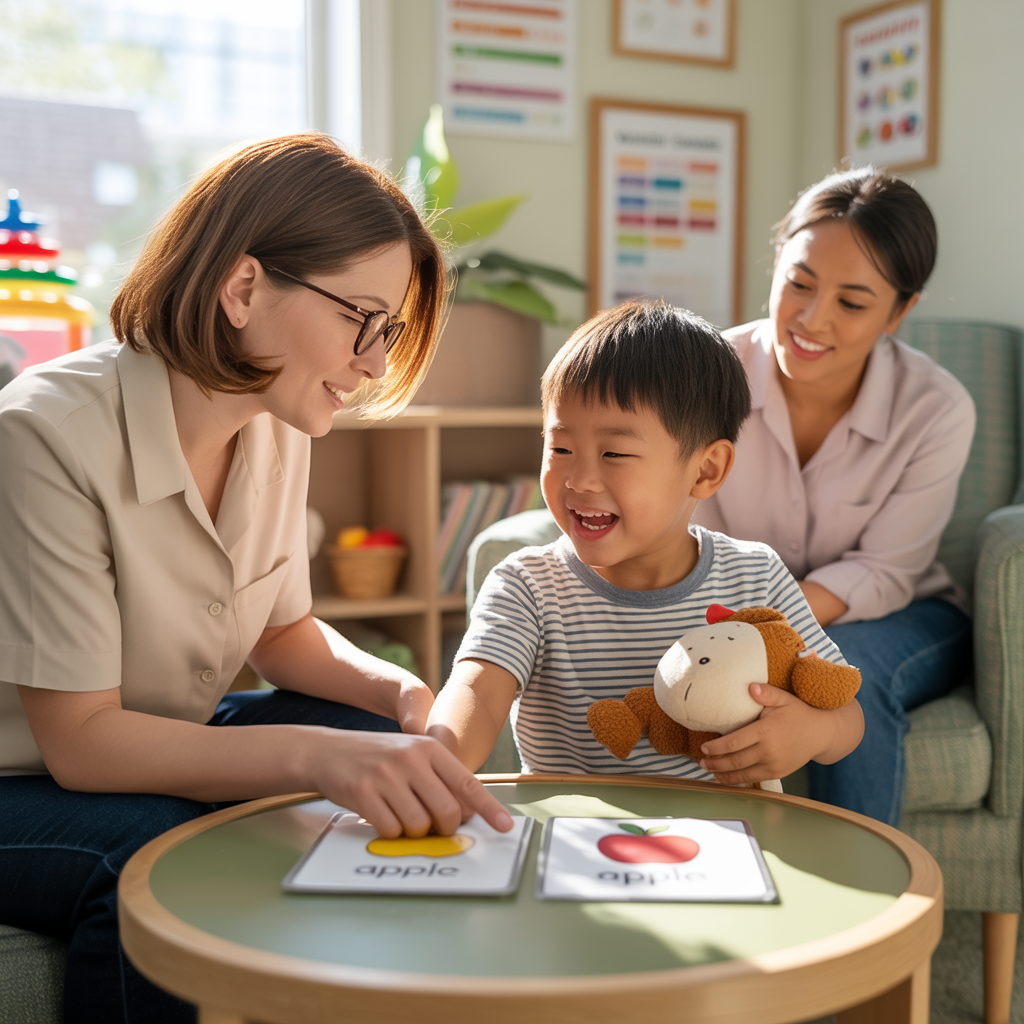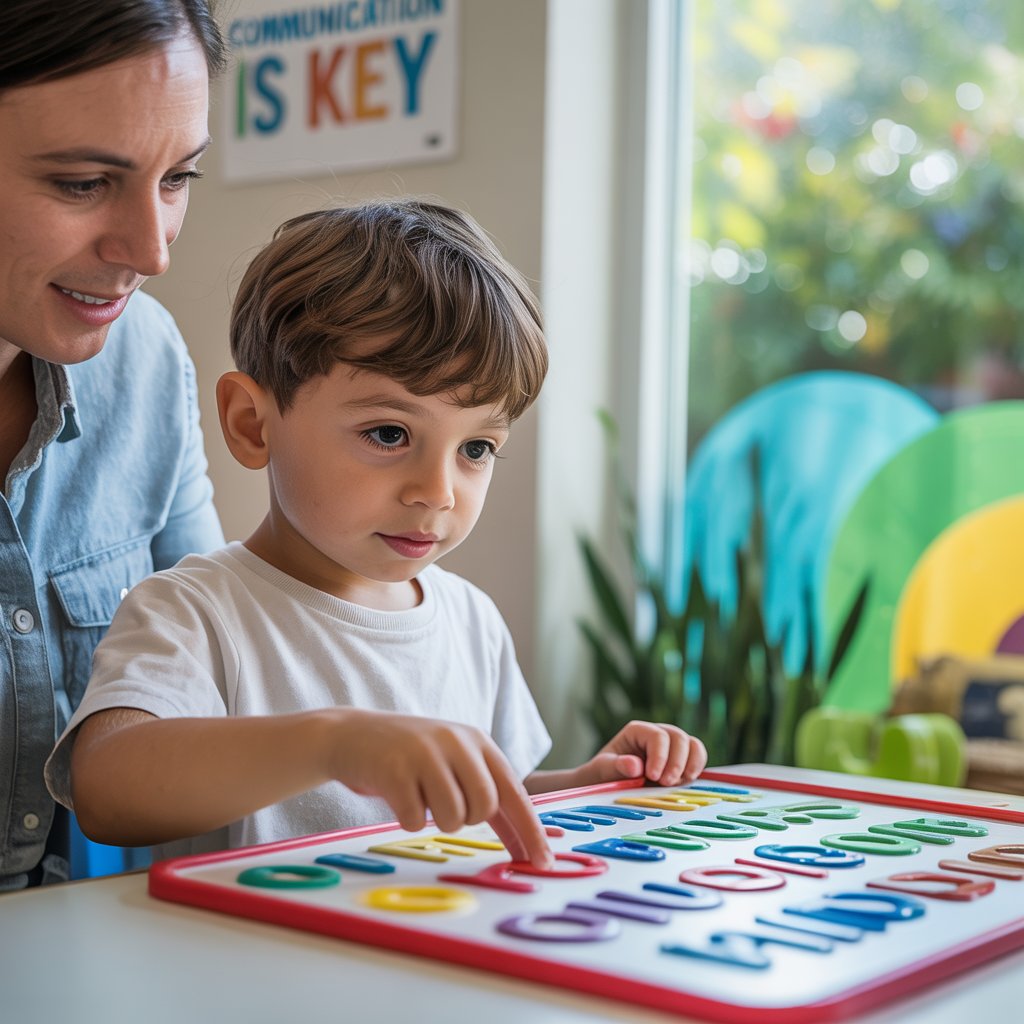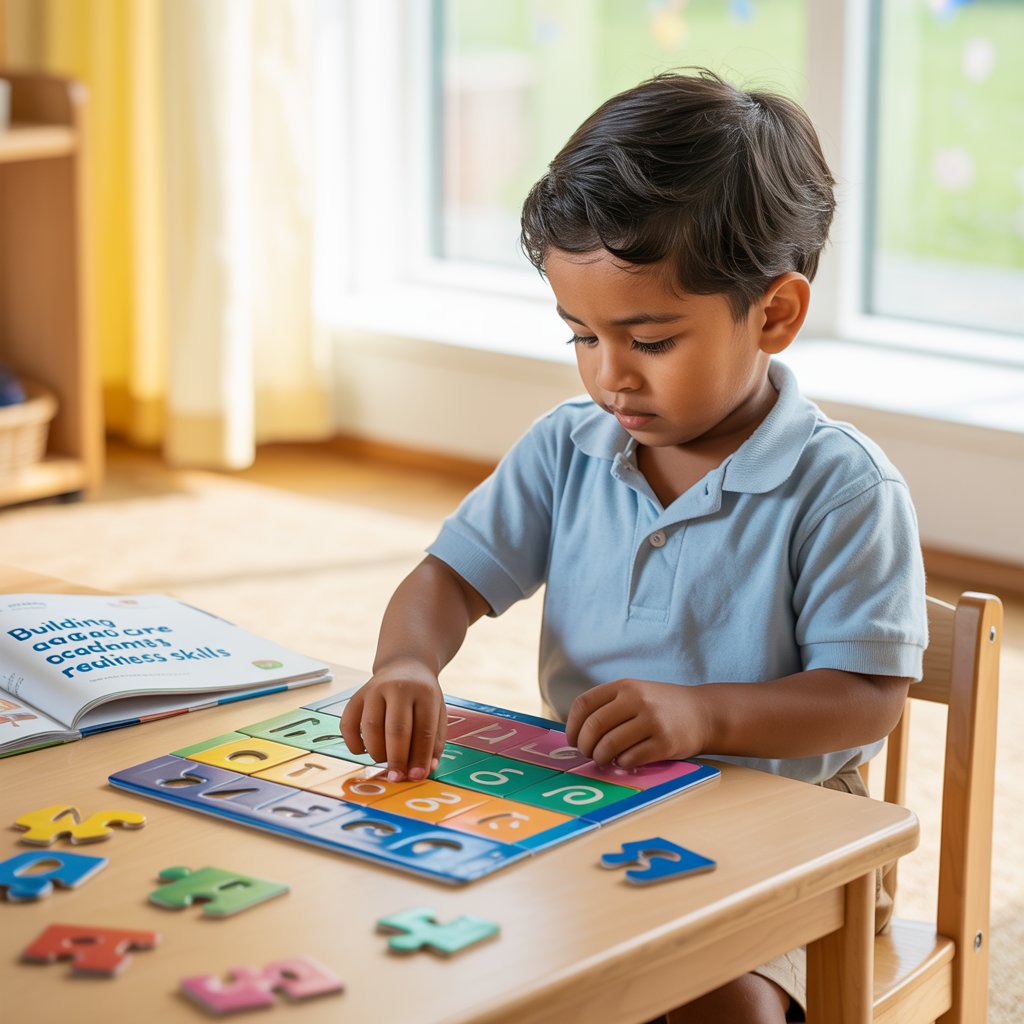Living With Autism, ADHD, or Both: Real-Life Perspectives

People with autism often have incredible attention to detail and pattern recognition abilities that can make them excel in fields like programming, data analysis, or quality control. They might remember minute details that others miss and can focus intensely on topics that interest them, developing deep expertise.
For those with ADHD, creativity and out-of-the-box thinking are standout strengths. Many entrepreneurs, artists, and innovators have ADHD because their brains make connections others don't see. They often thrive in fast-paced environments where quick thinking and adaptability are valued.
When someone has both conditions, they might combine systematic thinking with creative problem-solving in remarkable ways. I know a software developer with both diagnoses who describes it as "having a supercomputer that occasionally runs on its own power supply."
Common daily challenges and practical coping strategies
The daily juggling act can be exhausting. For autism, sensory overload in grocery stores or open offices can be debilitating. Noise-canceling headphones, scheduled "recovery time," and creating sensory-friendly spaces at home can make a world of difference.
ADHD brings its own flavor of challenges—forgotten appointments, misplaced keys, and the infamous "time blindness" where hours disappear in a blink. Color-coded systems, visual reminders, and breaking tasks into tiny steps can be game-changers.
For those navigating both conditions, the strategies often need to be personalized. One woman I interviewed uses a combination approach:
"I need structure for my autism but flexibility for my ADHD. My solution is a loose routine with built-in wiggle room and lots of visual cues around my house."
Digital tools like task managers with reminders can help, but sometimes the simplest solutions work best—like keeping duplicates of essential items in multiple locations.
Perspective from adults diagnosed later in life
The relief of finally understanding yourself cannot be overstated. Many adults diagnosed in their 30s, 40s, or beyond describe it as "finding the missing instruction manual to my brain."
Mark, diagnosed with both conditions at 42, shared: "I spent decades thinking I was just lazy or weird. Learning about my neurotype was like putting on glasses for the first time and seeing clearly."
This late-diagnosis experience often comes with a mixture of grief for lost opportunities and celebration for newfound self-compassion. Many report going through a period of reinterpreting their life story through this new lens.
Sarah, diagnosed with autism at 38 after her ADHD diagnosis at 35, explains: "I realized why school was so hard despite being 'smart,' why friendships were confusing, and why certain environments drained me completely. I'm not broken—I'm just running different software."
The diagnosis often leads to finding community with others who share similar experiences, which can be profoundly healing after years of feeling misunderstood.

Family dynamics and support systems
The ripple effect of these conditions touches everyone in the family. Parents of children with autism, ADHD, or both often develop extraordinary patience and advocacy skills. Siblings may become more empathetic but might sometimes feel overlooked.
Partners and spouses navigate unique relationship dynamics. As one husband put it, "I had to learn that when my wife says she's overwhelmed by the restaurant noise, it's not an opinion or preference—it's a physiological reality."
Successful families often create systems that work with—not against—their neurodivergent members. This might mean:
- Clear communication protocols during high-stress periods
- Designated quiet spaces in the home
- Flexible expectations around social gatherings
- Respecting each person's sensory needs
Support groups, both online and in-person, provide crucial validation and practical advice. Many families find that working with coaches or therapists who specialize in neurodiversity helps translate between different neurological "languages" within the family.
The most resilient families view these conditions not as problems to fix but as differences to accommodate—creating an environment where everyone can thrive by being authentically themselves.







